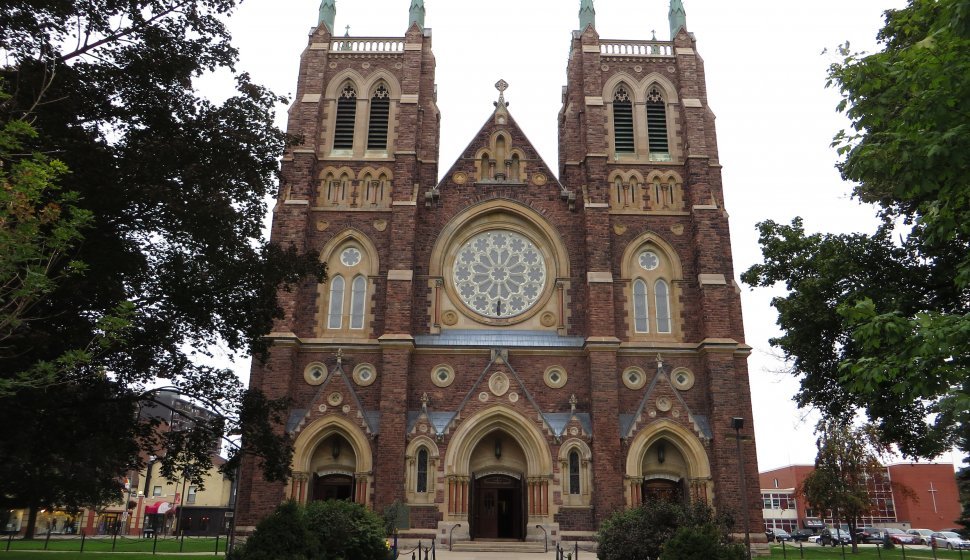- Home
- Religious Holidays
- Baptism
- Feast of Saints Peter and Paul

Feast of Saints Peter and Paul Dates in 2024, 2025 and 2026
The Feast of Saints Peter and Paul is celebrated at the following dates:
- Saturday, June 29, 2024
- Sunday, June 29, 2025
- Monday, June 29, 2026
The Feast of Saints Peter and Paul is a liturgical feast recognizing the martyrdom of Saints Peter and Paul in Rome1. This feast is observed on June 29, the anniversary of either their death or that of the translation of their relics. The translation of relics in Christianity means the removal of holy items, often the bodies of Saints, from one locality to another2.
Origin
Saint Peter was martyred in the year 64 under the Roman Emperor Nero3. According to the customs of Rome at the time, Peter was crucified. He held his head downward, however, as he claimed that he was not worthy of being crucified in the same manner as Jesus Christ3.
Before changing his name to Paul, Saint Paul's name was Saul4. He never knew Jesus in life, and before his conversion to Christianity he was a Jew who hated Christianity and led persecutions of Christians. This includes his participation in the stoning of Saint Stephen the Martyr4. This all changed as he was walking on the road to Damascus, on his way to persecute another group of Christians. Saul was knocked to the ground, when a bright light shone from heaven and the voice of Jesus Christ said “Saul, Saul, why persecutes thou me?4” He then became blind and did not eat or drink for three days5. Upon arriving in Damascus, a disciple called Ananias restored his vision, baptized and filled him with the Holy Spirit6. It was then that Saul changed his name to Paul, becoming arguably the most important figure, second only to Jesus, in the history of Christianity7. Being a Roman Citizen and thus entitled to a quick death, he was decapitated with a sword near Rome in the year 67, possibly on June 298.
Celebration
Orthodox Catholic
This day marks the end of the Apostle's Fast, which lasts between the Monday following All Saints' Sunday and the Feast of Saints Peter and Paul9. The church recommends attending and all-night vigil the previous night and the divine liturgy on the morning of the feast. There are no obligatory days in the Eastern Orthodox church10.
Roman Catholic
The feast of Saints Peter and Paul is a holy day of obligation for the Roman Catholic church. It was once ranked as a double, greater double and first class feast, although today it has been raised to the status of a Solemnity. Despite being a Holy Day of Obligation, conferences of Bishops may suppress the obligation, such as the case of the United States and Canada.
